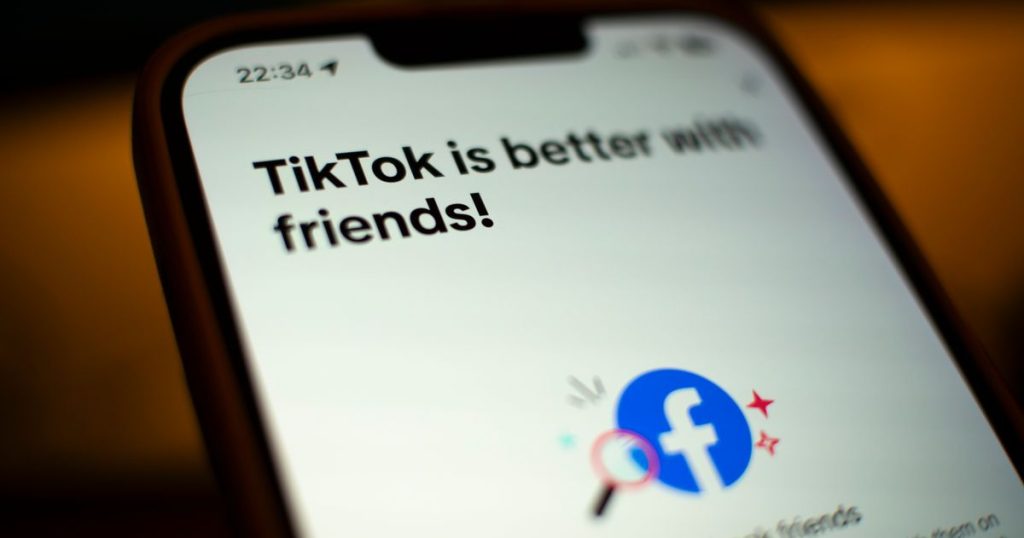President Joe Biden recently signed a foreign aid bill that contains a provision that could potentially lead to a ban on the popular social media app TikTok unless its Chinese owners agree to sell the platform. This move is seen as part of ongoing efforts by the US government to address national security concerns surrounding TikTok’s ownership by Chinese company ByteDance. The provision reflects bipartisan concerns in Congress about the potential risks posed by allowing a Chinese-owned company access to vast amounts of American user data through a popular social media platform.
TikTok has faced increasing scrutiny from US lawmakers in recent years over concerns about the app’s data collection practices and potential ties to the Chinese government. The app, which has over 100 million users in the US, is viewed as a potential national security threat due to its ownership by ByteDance, a Chinese company with close ties to the Chinese government. The US government has raised concerns about the possibility of TikTok sharing user data with the Chinese government, potentially compromising the privacy and security of American citizens.
The provision in the foreign aid bill gives TikTok’s Chinese owners the option to sell the platform to a US-based company in order to avoid a ban in the US. This move is intended to address national security concerns and ensure that American user data is protected from potential exploitation by foreign governments. While TikTok has denied any wrongdoing and has implemented measures to address security concerns, the US government remains cautious about allowing a Chinese-owned company access to a vast amount of user data from American citizens.
The potential ban on TikTok underscores the growing tensions between the US and China over issues related to technology, national security, and trade. The US government has taken a series of actions in recent years to address concerns about Chinese influence in American technology and social media platforms, including restrictions on Chinese-owned companies like Huawei and Tencent. The ban on TikTok reflects broader efforts by the US government to protect American interests and ensure the safety and security of American citizens in an increasingly interconnected global economy.
The TikTok ban raises questions about the future of social media regulation and the role of government in overseeing technology companies with ties to foreign governments. The provision in the foreign aid bill highlights the challenges facing lawmakers and regulators in addressing national security concerns in an increasingly digital world. As social media platforms like TikTok continue to play a prominent role in shaping public discourse and sharing information, the US government faces the difficult task of balancing the benefits of an interconnected global economy with the risks of foreign influence and data exploitation.
Overall, President Biden’s decision to sign the foreign aid bill containing a provision for a potential TikTok ban reflects ongoing concerns about national security and data privacy in the digital age. The move highlights the complex relationship between technology companies, national governments, and user data, and raises important questions about the future of social media regulation and oversight. As tensions between the US and China continue to escalate, the TikTok ban may serve as a warning sign for other technology companies with ties to foreign governments to prioritize data privacy and security in order to avoid similar measures in the future.


